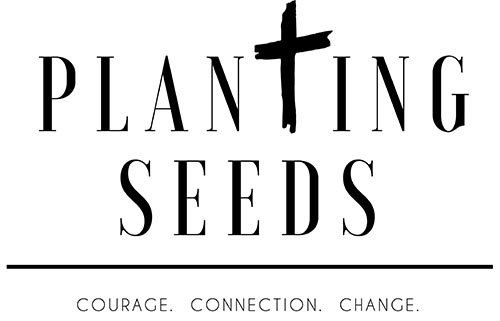
Katie-Beth Crumrine, MA, LPC Associate
Supervised by Jennifer Bradt, LPC-S
Katie-Beth is an LPC Associate whose counseling passions focus primarily upon individual children, adolescents and young adults ages 8 years and older, but she also finds joy in getting to meet with people from a variety of ages across the lifespan. Her therapeutic specialties include anxiety, life transition and phase of life issues, stress, parenting, trauma, grief and loss, and depression. Outside of the counseling field, Katie-Beth loves hosting and cooking with her husband and friends, pilates, photography, interior design, and volunteering in children’s ministry at her local church.
Katie-Beth is passionate about helping others discover healing and freedom in their mental and emotional well-being from an early age in their lives. She chose to pursue a career in counseling primarily due to her study of social neuroscience as an undergraduate research assistant at Texas A&M University, where positive experiences developed her drive to see the stigma behind mental health needs challenged. Katie-Beth’s professional identity is characterized by trauma-informed, existential and individual theories, and she integrates Christian spirituality where ethically appropriate and requested. In many of these areas, Katie-Beth utilizes her role as a Level I-certified Restoration Therapist.
Credentials
- Licensed Professional Counselor Associate in the State of Texas License # 94373 under supervision by Jennifer Bradt, MS, LPC-S, NCC
- Certified Restoration Therapist – Level I
- SYMBIS Certified Facilitator
Education and Professional Affiliations
- MA/Clinical Mental Health Counseling, Liberty University
- BS/Psychology (Minor in Neuroscience), Texas A&M University- College Station
Katie-Beth is a member in good standing with:
- Christian Association for Psychological Studies (CAPS)
ABOUT RESTORATION THERAPY
Restoration therapy is a new approach to assessment, treatment and healing in individual, marital and family therapy. It utilizes techniques and theory that help individuals gain clear insight about their identities and perspectives on relationships as well as giving the therapist a cadre of intervention techniques that move individuals into responsible change of persistent and long standing patterns.
Coming from a tradition of Contextual Family Therapy and CBT, the Restoration approach provides the therapist with clarity of assessment of individual and relational issues yet utilizes sound mindfulness strategies to produce real and long-lasting systemic change.
Further information is available at
